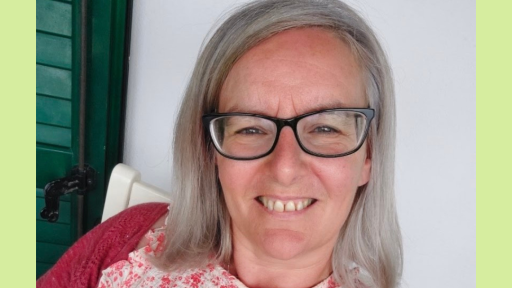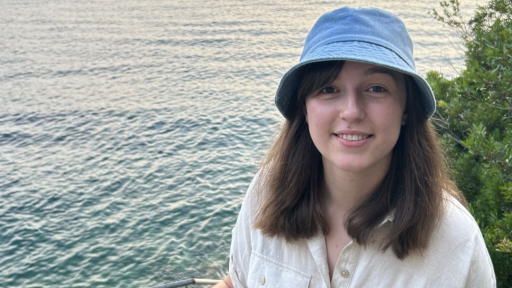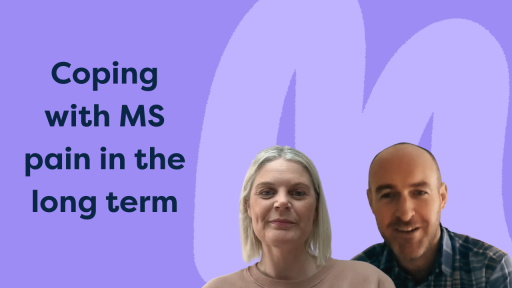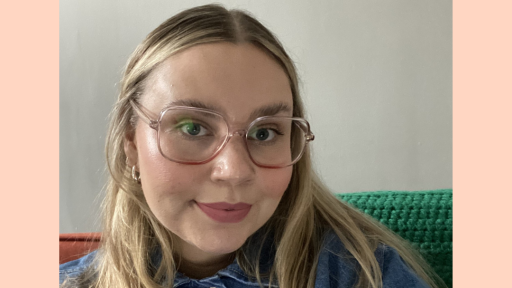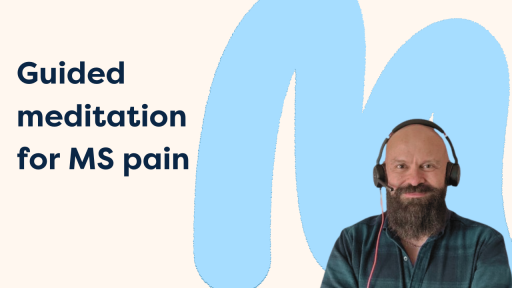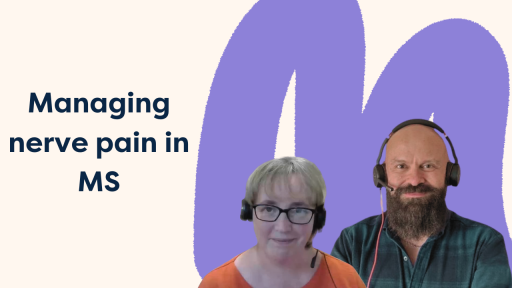12 February 2026
New specialist MS Nurse in North West London
MS Trust and London Northwest University Healthcare NHS Trust are pleased to announce that they have appointed a new specialist MS nurse, Jero Esplanada. This role will be vital in enhancing support for people living with multiple sclerosis across the region.



